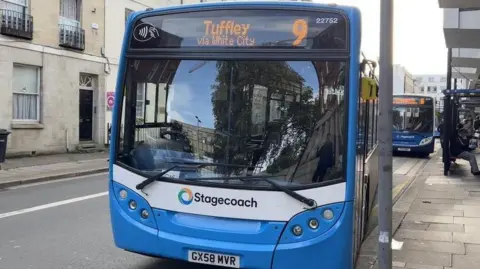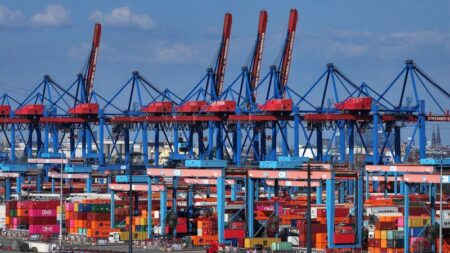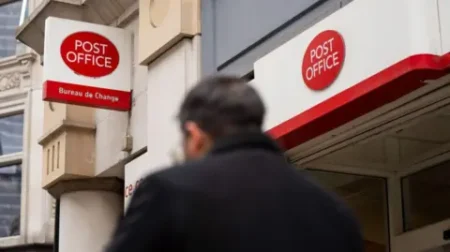The recent trends in public transport usage among young people have shed light on a concerning issue—the costs associated with using public transport are becoming a significant barrier. A report released by the Gloucestershire Community Rail Partnership reveals insights gathered from hundreds of young residents in the areas of Gloucestershire and Oxfordshire. The findings indicate that financial concerns, lack of accessibility, and safety issues have led to a decline in the use of public transportation by youths.
As documented by Youth Engagement and Insight Lead, Luke Goddard, the study highlights the pressing concerns of young individuals regarding the current state of transport services. Goddard emphasized the hope that local authorities and transportation companies will take notice of these barriers and act on the proposed recommendations to improve public transport for this demographic. This commitment to implementing changes could potentially encourage more young people to consider public transport as a viable option.
In particular, the Youth Transport Report compiled responses from over 900 youths aged 13 to 25, who participated in various forums and surveys to voice their experiences. Analysis of the data revealed that a staggering 44% of respondents identified cost as the primary obstacle to utilizing public transport. Following closely behind, 18% of young people cited accessibility as a significant barrier. Therefore, it is clear that financial strains and the ease of access remain crucial determinants in influencing younger people’s transportation choices.
Personal testimonies underscore the report’s findings. For instance, Martin Kinac, a 19-year-old from Gloucester, expressed his frustrations with the current state of public transport. He mentioned that train services to Birmingham have seen a dramatic 40% increase in costs over recent years, leaving him feeling disenchanted. Kinac’s statement, “The price keeps going up and up,” encapsulates the sentiment of many young commuters who are burdened by escalating fares.
Alongside costs, there is also a shared concern regarding reliability. Kinac mentioned experiencing inconsistent service, with trains frequently delayed or canceled. These personal experiences resonate with the collective opinion that public transport is becoming too unreliable, which only serves to exacerbate feelings of frustration among potential users.
In response to the report’s findings, transport service providers are urged to consider these critical perspectives. Chris Hanson, the Managing Director of Stagecoach West, acknowledged the report’s value in assisting decision-making regarding enhancing services for younger people. He highlighted that many changes already aligned with recommendations inherent in the Bus Service Improvement Plan, developed under an Enhanced Partnership involving Stagecoach, Gloucestershire County Council, and other regional transport operators.
Moreover, a spokesperson from the Department for Transport announced that an allocation of £8 million is designated for Gloucestershire County Council in the current fiscal year to better public transport services and improve local infrastructure. This financial support aims to confront the challenges highlighted in the report and significantly uplift the public transport experience for young individuals.
In conclusion, the intricate barriers young people face regarding public transport, primarily revolving around high costs, accessibility, and safety concerns, necessitate immediate attention from transport stakeholders. Encouragingly, responses from local authorities, as evidenced by financial investments and commitments to implementing changes, may pave the way for a more accessible and appealing transport system in the future. For ongoing updates, the public is invited to follow BBC Gloucestershire through various social media platforms, ensuring that community voices are heard and valued in transport discourse.











